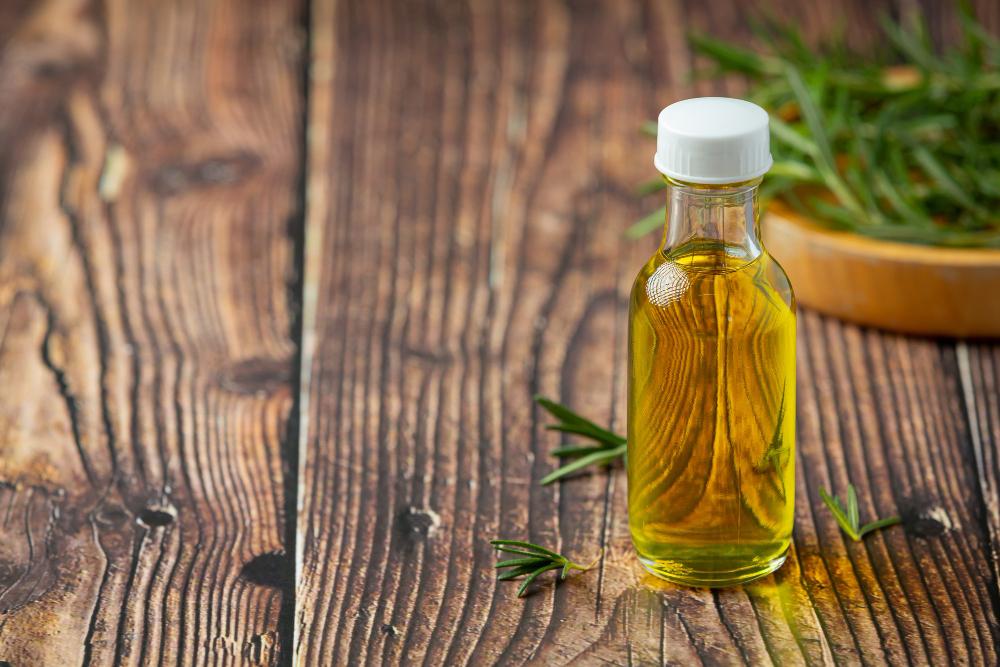Mustard oil has been an integral part of kitchens across South Asia for centuries. Known for its distinctive aroma, rich golden color, and numerous health benefits, mustard oil is more than just a cooking ingredient—it’s a part of culinary heritage. In recent years, mustard oil for cooking has gained global attention due to its unique flavor and impressive nutritional profile. Whether you’re frying, sautéing, or adding it raw to salads, mustard oil can elevate your dishes while supporting your well-being.
What is Mustard Oil?
Mustard oil is extracted from the seeds of the mustard plant (black, brown, or white mustard). The oil can be produced in two main ways:
-
Cold-Pressed Mustard Oil – Extracted by pressing mustard seeds without heat, retaining natural nutrients and aroma.
-
Refined Mustard Oil – Processed to remove pungency, often used in international markets.
The pure, cold-pressed variety is highly popular for mustard oil for cooking in traditional recipes, especially in Indian, Pakistani, and Bangladeshi households.
Nutritional Value of Mustard Oil
Mustard oil is rich in essential fatty acids, antioxidants, and vitamins. Here’s what makes it nutritionally special:
-
Monounsaturated Fatty Acids (MUFA) – Heart-friendly fats that help lower bad cholesterol (LDL) and raise good cholesterol (HDL).
-
Omega-3 and Omega-6 Fatty Acids – Essential for brain health and reducing inflammation.
-
Vitamin E – A powerful antioxidant that supports skin health.
-
Antibacterial Properties – Helps in food preservation and supports immunity.
Health Benefits of Mustard Oil
1. Heart Health Support
The high MUFA and PUFA (polyunsaturated fats) content in mustard oil make it excellent for cardiovascular health. Regular use of mustard oil for cooking may help reduce the risk of heart disease by improving cholesterol balance.
2. Anti-inflammatory and Antimicrobial Effects
Mustard oil contains allyl isothiocyanate, a compound with natural antimicrobial properties. It also has anti-inflammatory effects, which can be beneficial for joint pain and arthritis.
3. Good for Skin and Hair
Apart from cooking, mustard oil is widely used in skin and hair care. Its Vitamin E content nourishes skin, while its antibacterial properties protect against infections.
4. Digestive Aid
Mustard oil stimulates digestive juices, improving digestion and appetite.
5. Immunity Boost
Rich in antioxidants and essential fatty acids, mustard oil strengthens the immune system, keeping seasonal illnesses at bay.
Mustard Oil for Cooking: Culinary Uses
Mustard oil’s versatility makes it a favorite among chefs and home cooks. Its pungent flavor and high smoking point make it ideal for a variety of dishes.
1. Frying and Sautéing
Due to its high smoking point, mustard oil is perfect for deep frying snacks like pakoras, samosas, and fish.
2. Pickling
Mustard oil is widely used in pickles for its preservative properties, keeping them fresh for months.
3. Salad Dressing
Cold-pressed mustard oil, when used raw with lemon juice and spices, makes a flavorful salad dressing.
4. Curries and Stir-Fries
The rich aroma of mustard oil enhances traditional curries, lentils, and stir-fried vegetables.
How to Use Mustard Oil Safely
Traditionally, mustard oil is heated until it reaches its smoking point before cooking. This process reduces its pungency and makes it milder in taste. For raw use, cold-pressed mustard oil is preferred.
Tip: If you’re new to mustard oil for cooking, start with small amounts to get accustomed to its unique flavor.
Why Choose Mustard Oil Over Other Cooking Oils?
-
Rich Flavor – Adds depth to dishes that other oils cannot.
-
Health Benefits – Supports heart health, immunity, and digestion.
-
Cultural Authenticity – Essential for many traditional recipes.
-
Sustainability – Mustard is a hardy crop with a smaller environmental footprint.
Mustard Oil Price and Quality Considerations
When buying mustard oil, always look for cold-pressed, pure, and unrefined varieties for maximum health benefits. Prices can vary depending on quality, brand, and region, but investing in a high-quality oil ensures better taste and nutritional value.
Final Thoughts
Mustard oil is not just another cooking oil—it’s a superfood with centuries of proven use in health and cuisine. Incorporating mustard oil for cooking into your diet can enrich your meals, improve your health, and connect you to a deep culinary tradition. Whether you’re preparing a traditional curry, making a fresh salad, or frying crispy snacks, mustard oil brings unmatched flavor and wellness benefits to your table.

